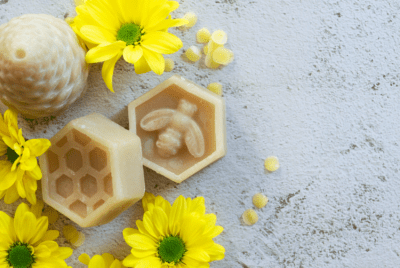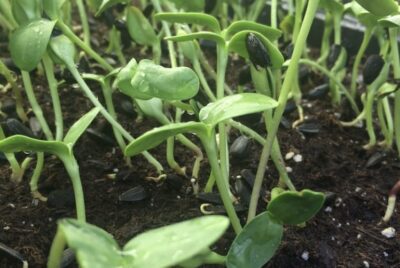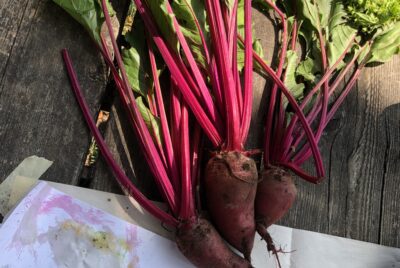RESEARCH
Evaluation of the Effect of a School Garden as an Educational Didactic Tool in Vegetable and Fruit Consumption in Teenagers
Summary
This study looked at whether combining nutrition lessons with hands-on gardening could help teenagers eat more fruits and vegetables. Researchers worked with 126 students in a private school in Mexico, dividing them into three groups: one group received nutrition education plus gardening classes, another received only nutrition education, and a control group received no intervention. The gardening group planted, maintained, and harvested vegetables during class time. Researchers tracked changes in diet, energy intake, and students’ attitudes toward healthy eating before and after the 20-week program.
The students who participated in both nutrition and gardening classes not only ate more fruits and vegetables, but also showed stronger understanding and enthusiasm for healthy eating. They were more likely to believe they could make healthy choices and felt more confident in their ability to eat well. Students also shared their knowledge with family members and expressed pride in growing their own food. This approach helped turn lessons into real-life habits that encouraged better health.







